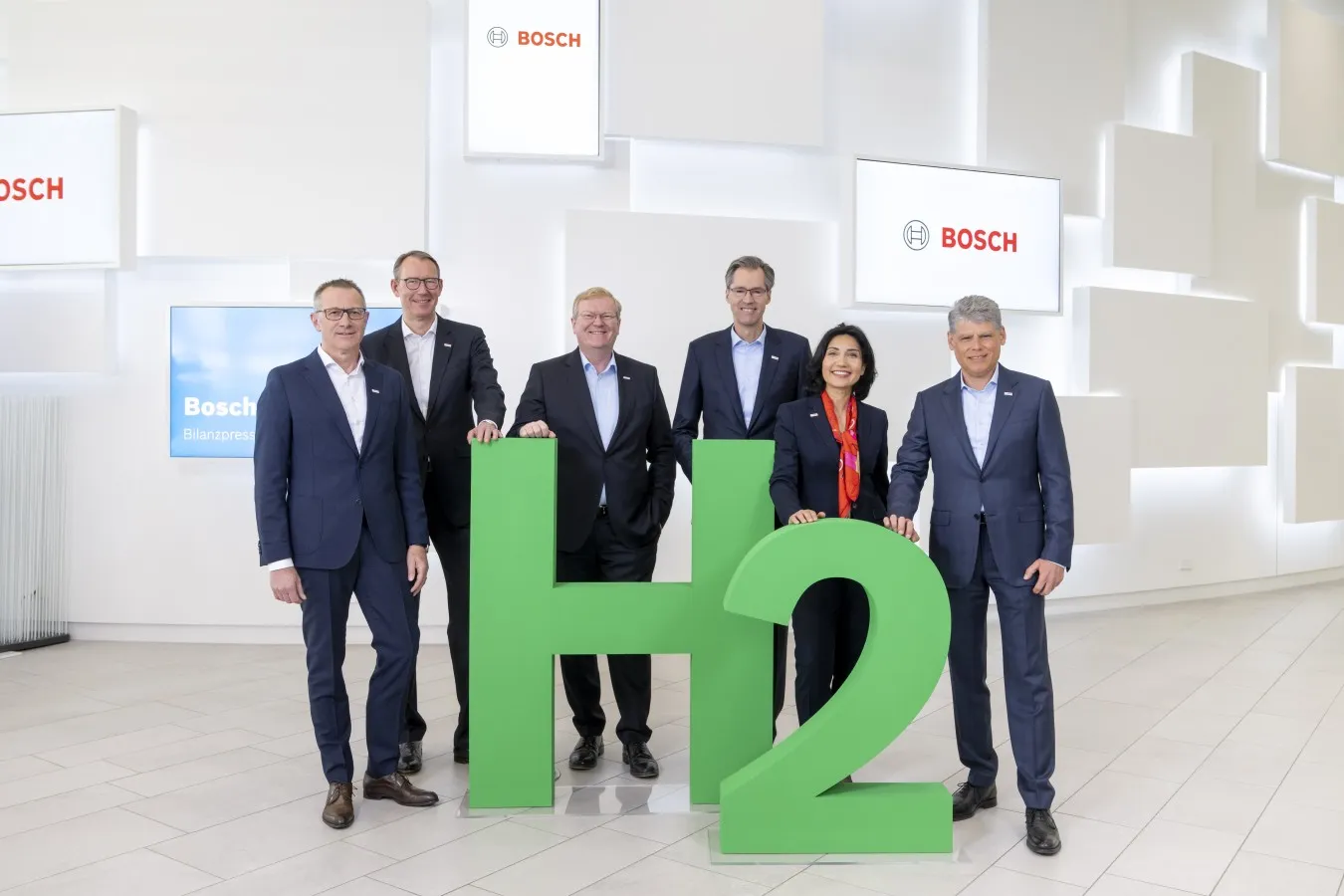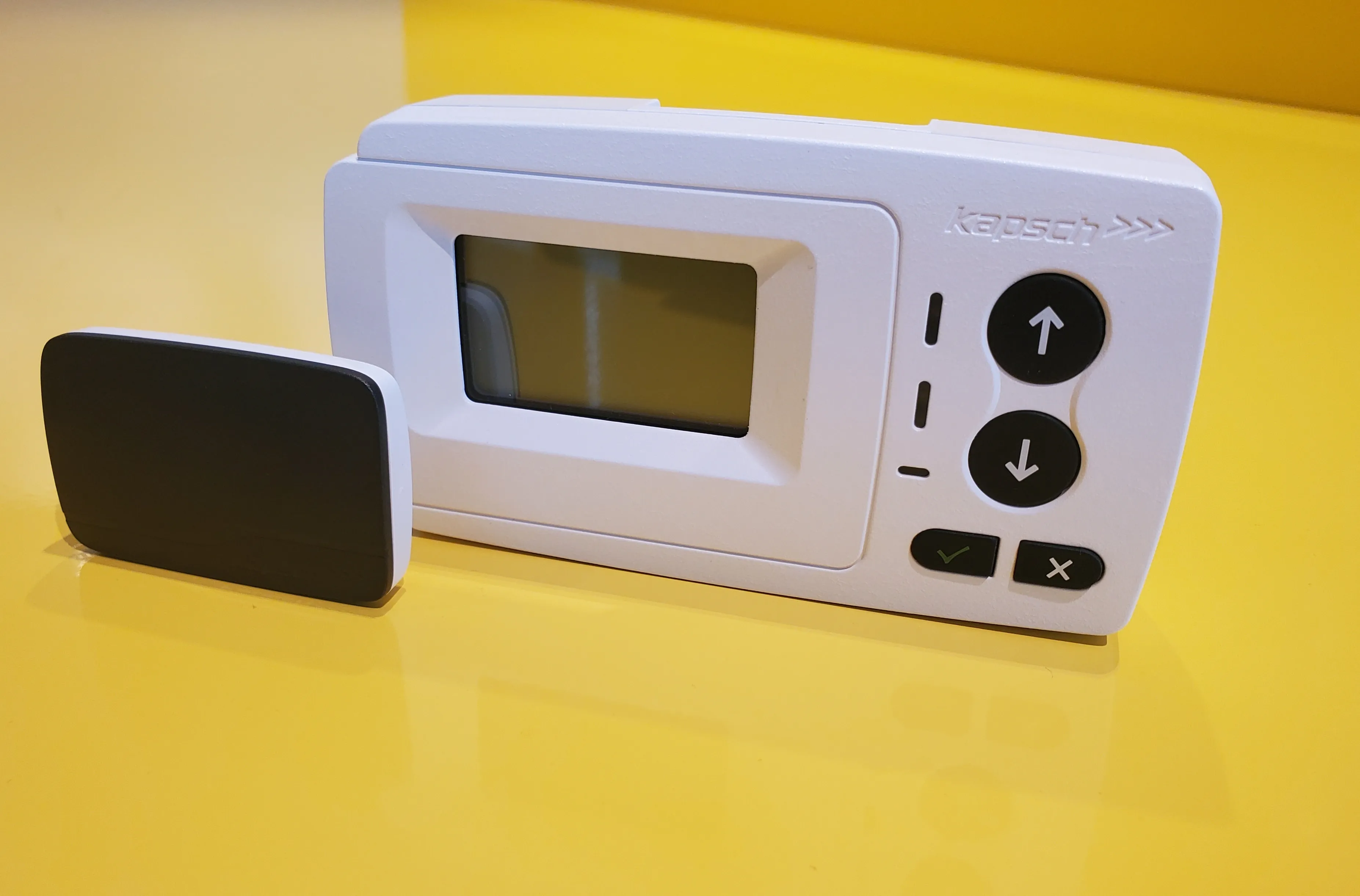
Bosch says it is to invest €3 billion over three years in climate-neutral technology such as electrification and hydrogen.
Unveiling its 2021 results, the group said its mobility solutions business saw a 7.6% increase in sales to €45.3 billion, providing the largest share of an overall €78.7bn revenue.
“Mobility solutions is particularly exposed to chip shortages and is having to prepare for profound changes in mobility,” said chief financial officer Markus Forschner.
“At the same time, the sector is making substantial upfront investments in electromobility and automated driving, and has already had to assume significantly higher costs for raw materials and logistics.”
Bosch chairman Stefan Hartung believes electrification is the fastest route to climate neutrality, provided it is based on green electricity.
In 2021, the company’s orders relating to electromobility exceeded €10bn for the first time - but it says hydrogen technology will also be important.
“Industrial policy should focus on making all sectors of the economy hydrogen-ready,” he said.
“Electricity-based solutions have priority, but hydrogen-based solutions also need to gain more momentum. We’ll need both if we are to live sustainably on our blue planet.”
Bosch expects the EU’s Green Deal to provide a boost to the electrification of road traffic.
Markus Heyn, chairman of the mobility solutions business sector, said: “Bosch sees itself as the number one supplier for electrical powertrains on the road.”
For electric mobility based on fuel-cells, this year Bosch will start production of fuel cell powertrains for trucks.








